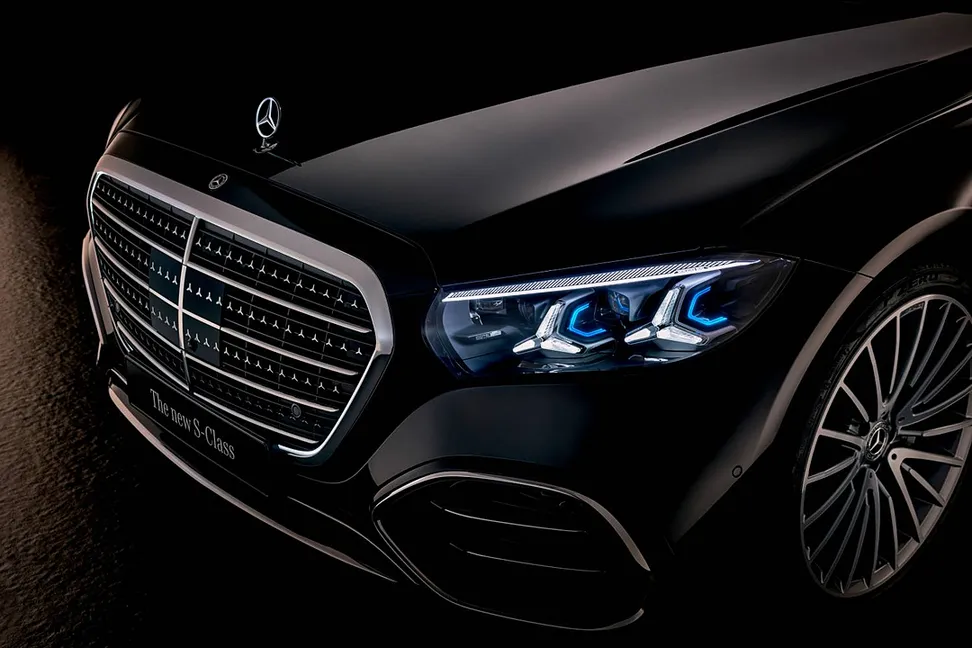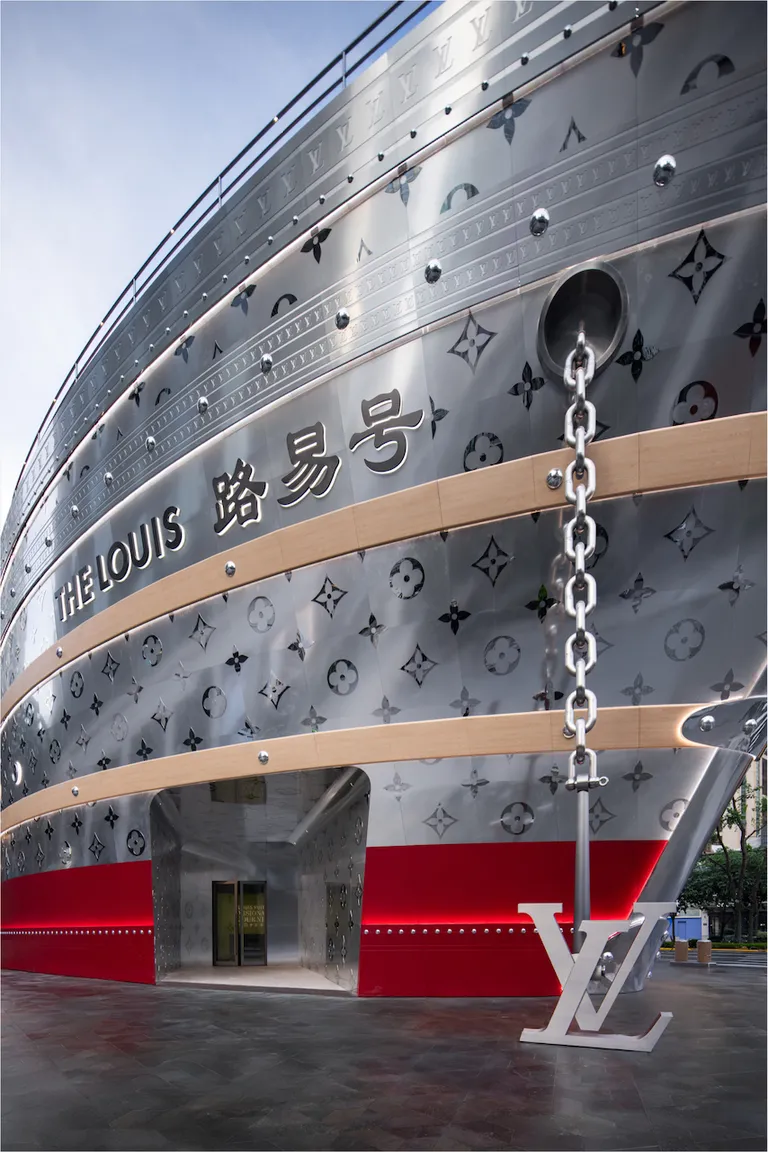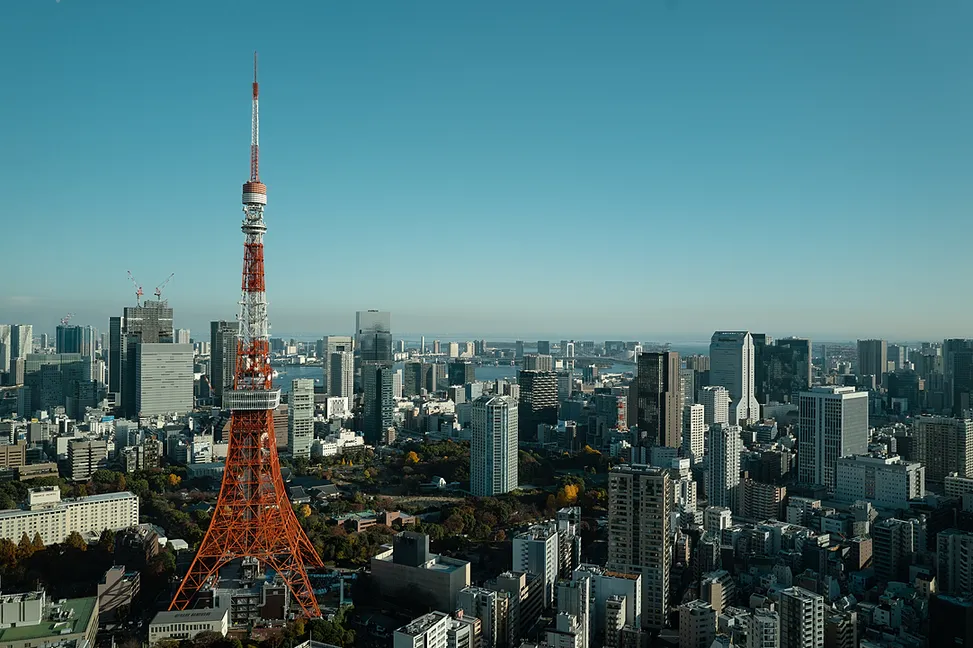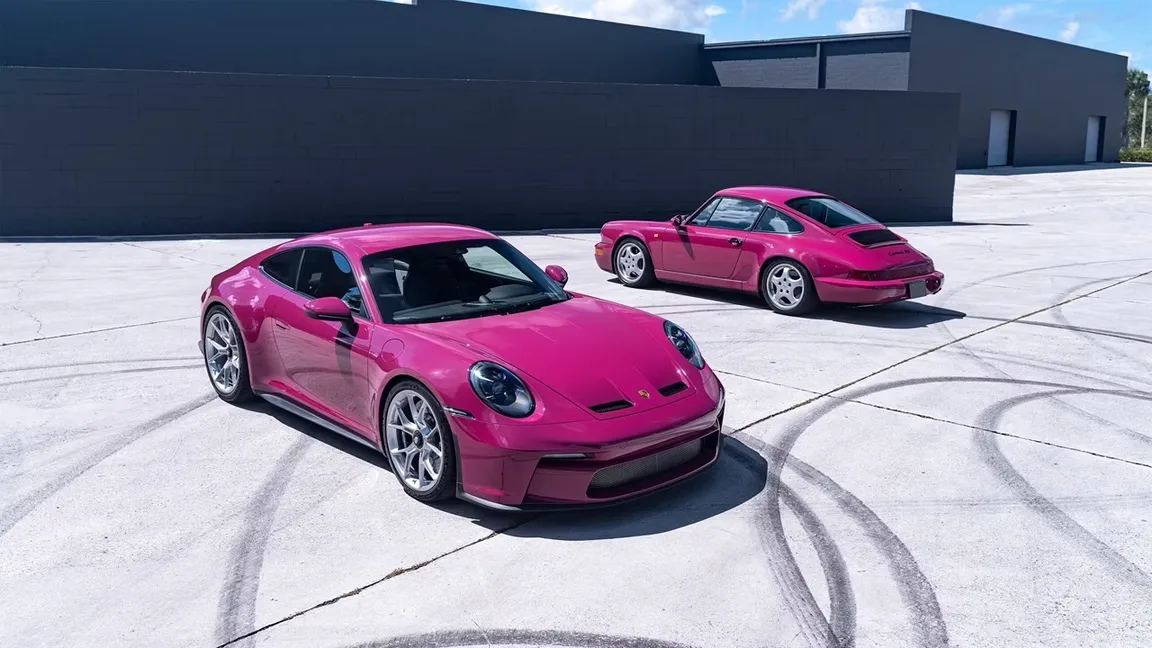You can build 200 stores.
But if the customer feels nothing — you’ve built nothing.
Today’s ultra-wealthy don’t care how many boutiques you have. They care how your brand makes them feel.
This shift isn’t limited to Gen Z or new wealth. From first-generation millionaires to ultra-high-net-worth families and even billionaires, the change is clear: They’re not buying logos. They’re buying meaning.
And luxury brands are waking up to it. In China, luxury sales fell by 20% last year. Brands are now closing stores in lower-tier cities — not because they failed, but because scale dilutes desirability. Too much visibility kills the magic.
A recent survey from the Shanghai Advanced Institute of Finance and Charles Schwab underlines this shift. Only 28.6% of newly affluent Chinese now list luxury shopping as a financial goal, down from more than 50% just five years ago.
The new ultra-wealthy are not opting out of luxury; instead, they are redefining what luxury means. Instead of chasing square metres, brands are investing in emotional impact. They’re opening cafés, salons, and curated experiences — not just stores. They’re prioritising intimacy over footprint. Emotion over expansion.
The new pivot
Luxury is moving from everywhere to intentional.
Expansion once meant success. Brands raced to cover every high street and every mall, from Beijing to Bangkok. Today, saturation risks diluting allure. Instead, the most forward-thinking maisons choose intentional presence: fewer locations, but in the right places, designed with theatre and intimacy in mind. Think of a flagship that doubles as a cultural hub, or a boutique that feels like a private salon.
From visible to valuable.
Visibility used to equal prestige — the bigger the footprint, the louder the statement. Now, the ultra-wealthy ask a sharper question: does this brand add value to my life? The answer lives in depth, not breadth. A rare invitation, a distinctive after-sales gesture, or a personal note from a trusted adviser can outweigh ten new shopfronts.
From reach to resonance.
Reach is about numbers; resonance is about memory. For the next generation of billionaires, true luxury is defined by what lingers: the way a watch unveiling makes them feel, the way a car handover ceremony becomes a family story. Brands that focus on resonance understand that meaning, not media spend, builds loyalty.
What Luxury Brands Must Do
To regain favour and sustain relevance, luxury brands must adjust their playbook:
- Scale emotional impact, not geography. Fewer boutiques, but each one must deliver deeper value — a sense of discovery, intimacy, and rarity.
- Train teams in empathy, not just product knowledge. The real differentiator in a luxury sale isn’t the merchandise; it’s the human connection.
- Create magic in moments. A carefully designed first interaction can spark loyalty for years. A flat one can stall the journey entirely.
- Curate experiences of rarity. Ultra-wealthy customers don’t want access to everything; they want access to the unforgettable.

Final Thoughts
Luxury has always been about more than possessions. At its best, it is about emotion, story, and memory. The next generation of billionaires is reminding us of this truth — and challenging brands to live up to it.
The winners of tomorrow won’t be those who expand the fastest, but those who resonate the deepest.




